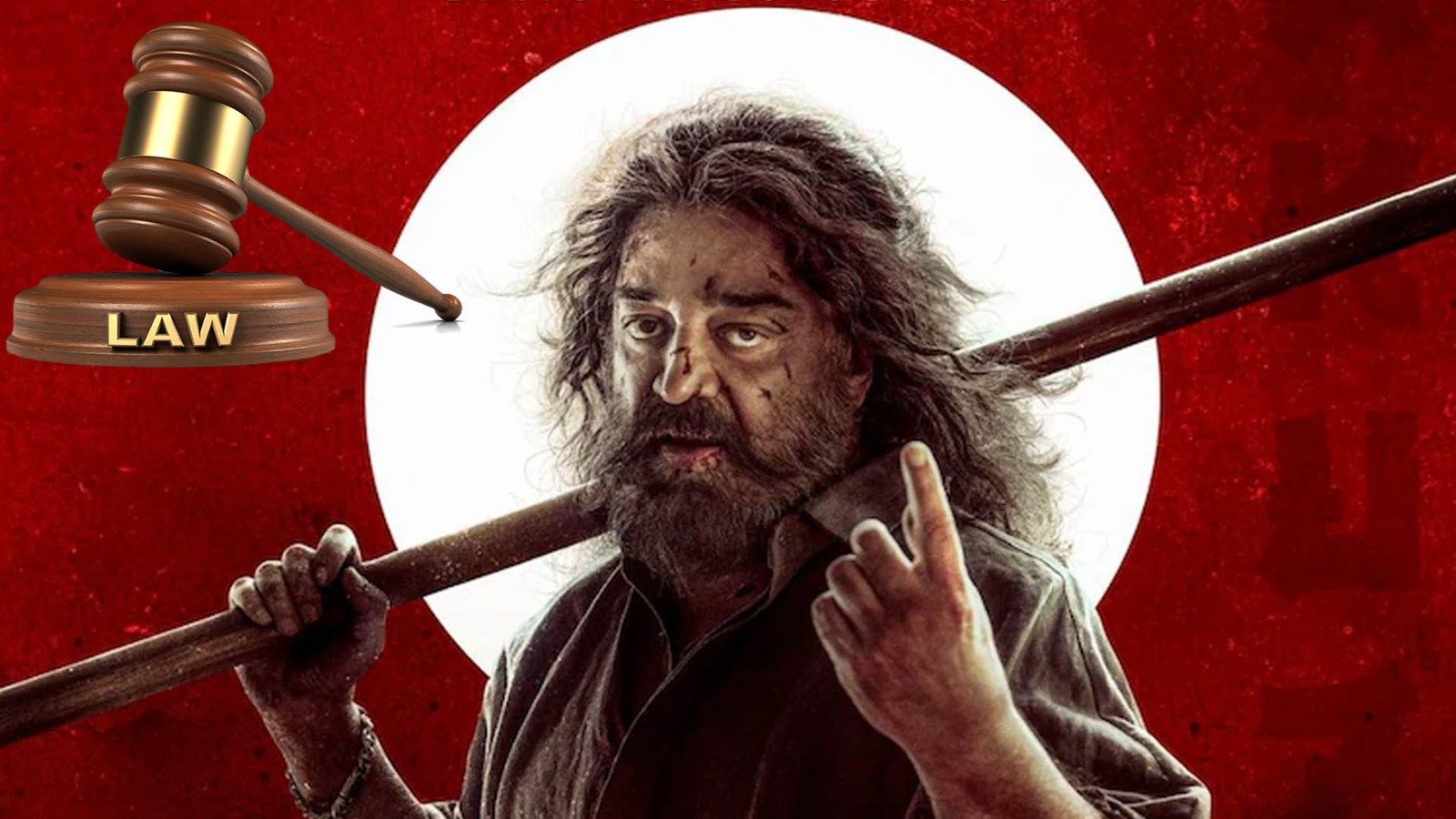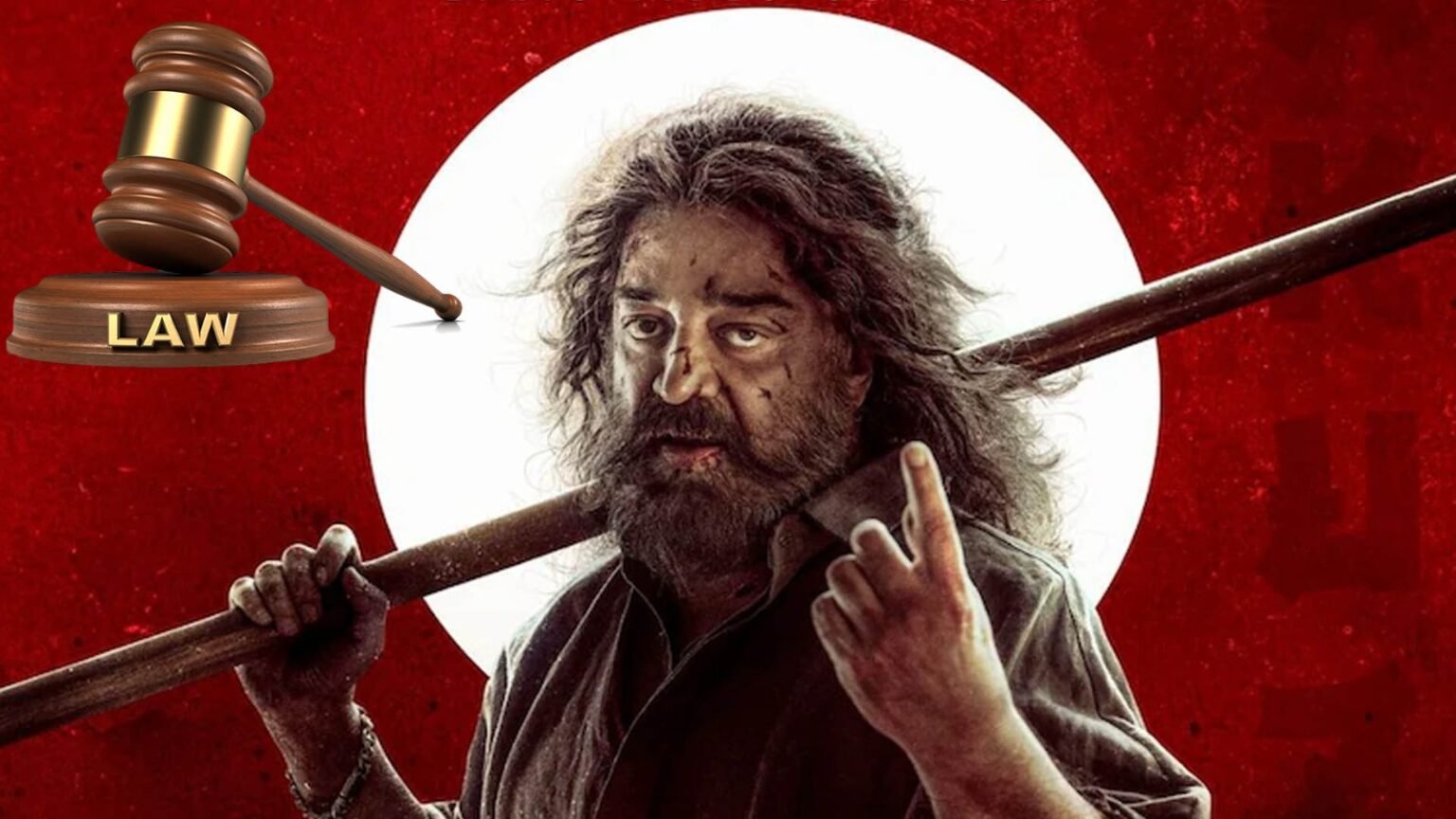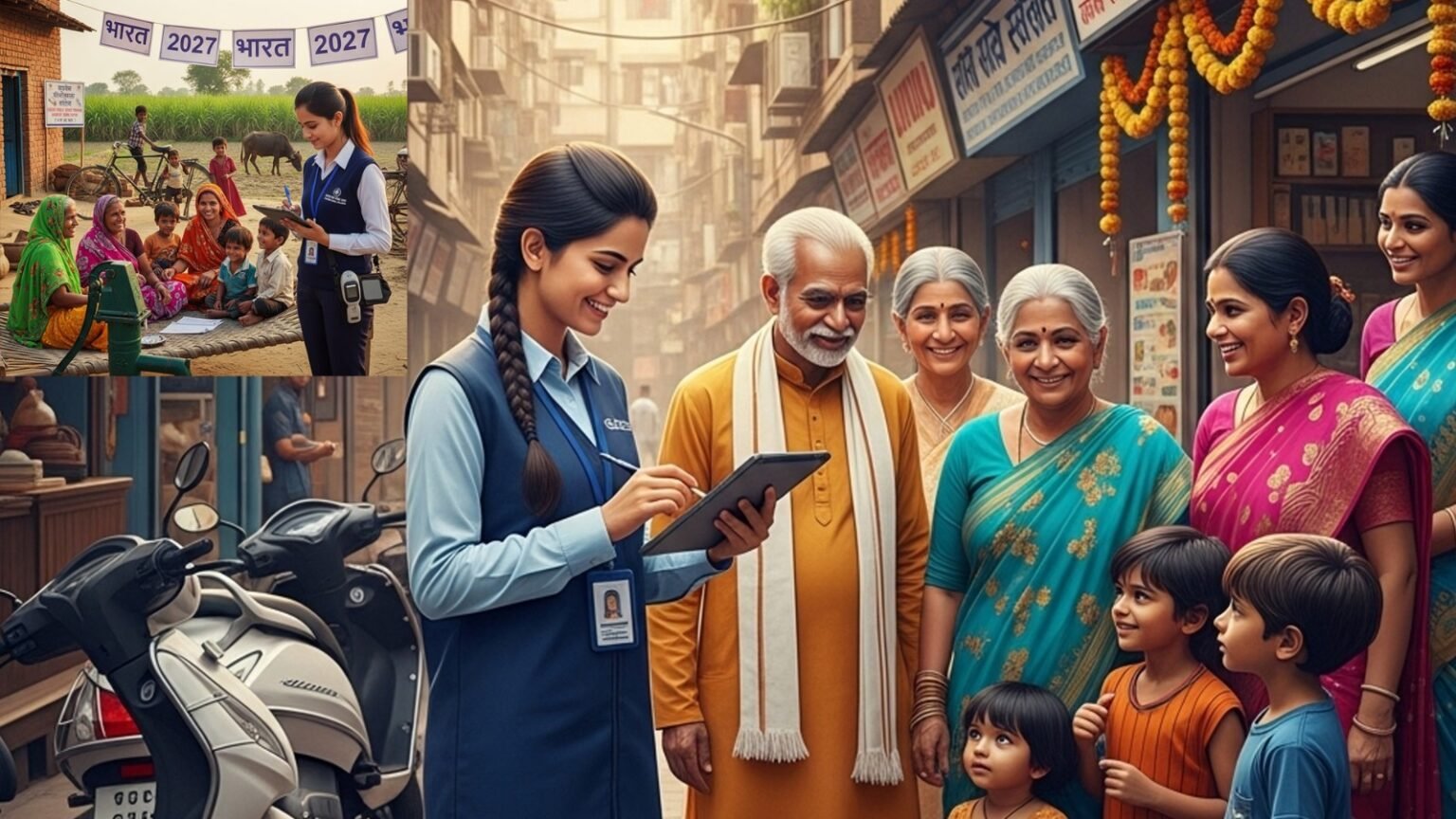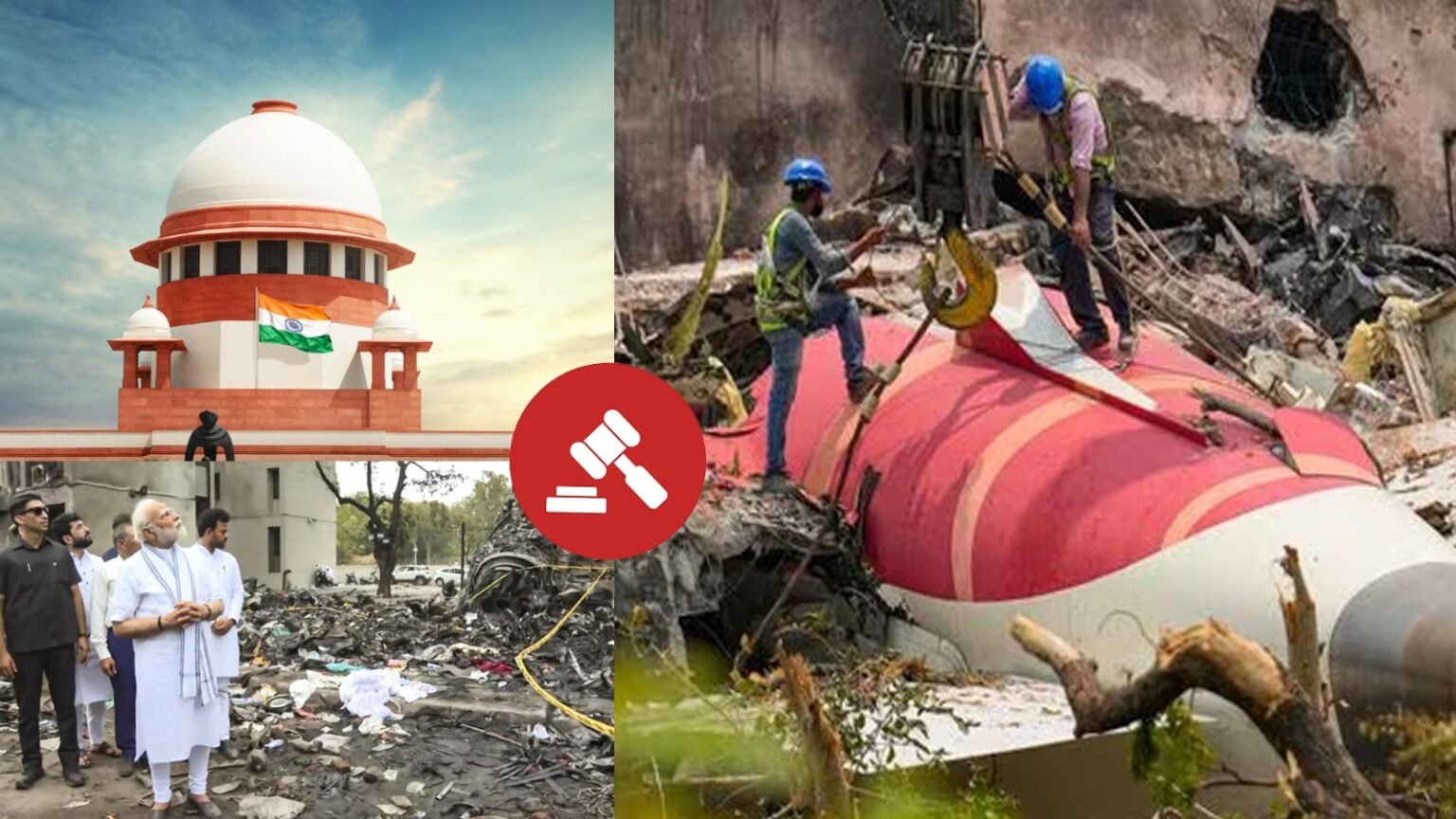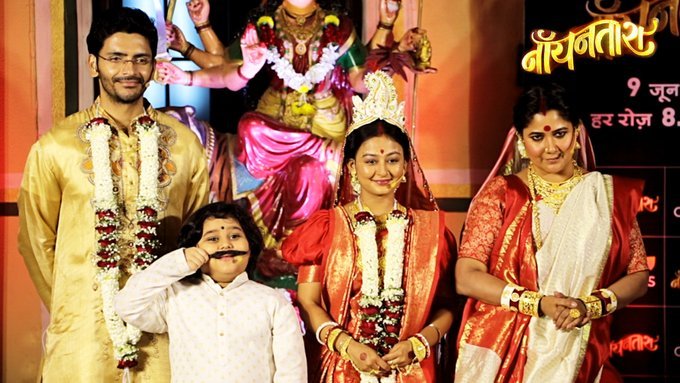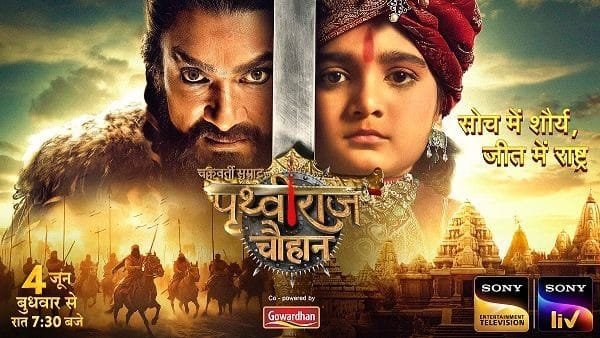– Ravi Prakash & Aditi Singh Tomar*
A movie titled ‘Thug Life’ has released on June 05, 2025 all over the country except the State of Karnataka. The film has been approved by the Central Board of Film Certification (CBFC) for its release all over the country. Interestingly, there is no executive order(s) by the authorities concerned in the State of Karnataka banning the release of film in the State of Karnataka. Then what is the controversy and the reason behind non- release of the film ‘Thug Life’ in the State of Karnataka. What the ‘law’ says in this regard?
The controversy around film ‘Thug Life’
The lead actor in the feature film ‘Thug Life’ is Kamal Haasan. Mr. Kamal Hassan made a statement during the music launch of the film in Chennai, where he remarked that ‘Kannada is born out of Tamil’. As we all know, India is a diverse country which officially recognises 22 languages in the Eighth Schedule of the Constitution of India. There is no ‘national language’ of India rather ‘official language’ in India. Whether the maker of the speech meant to show one language superior than the other or one in bad ‘taste’ or not – it has remotely to do with the release of feature film. It is also clarified that there is nothing similar or akin in the film ‘Thug Life’ to the statement made by Mr. Kamal Haasan. The said comment sparked outrage among Kannada groups and language activists, prompting call for an apology and leading several protest inside the state of Karnataka against the ‘Tamil’ language and condemning Kamal Haasan.
The Ban
The alleged ban on the release of the film “thug Life’ has been imposed by the Karnataka Film Chamber of Commerce (hereinafter; KFCC). The KFCC is a registered society that acts as a representative body for the Kannada film industry, encompassing producers, distributors, and exhibitors. While it’s not a statutory or governmental body, it holds considerable influence within the industry and is subject to the regulations of the Competition Commission of India (CCI). The Karnataka Film Chambers of Commerce (KFCC) has reportedly declared a ban on the film in Karnataka. It is also reported that the KFCC demanded an apology from Kamal Haasan. In response, Haasan expressed that his remarks were misinterpreted and emphasized his deep respect for the Kannada language.
The law regulating the ban of a film in a particular ‘State’
The principle legislation which deals with Cinematograph and release of cinema is The Cinematograph Act, 1953 & rules framed thereunder i.e. The Cinematograph (Certification) Rules, 1983. It is an Act enacted by the Parliament of India in exercise of its legislative power pursuant to the Entry 60 of the Union List in the Seventh Schedule of the Constitution of India. However, the several ‘States’ like Uttar Pradesh, Rajasthan has also enacted respective legislations to regulate the release of film in their respective territorial jurisdiction primarily by virtue of Entry 33 of the State List in the Seventh Schedule and in the name of maintaining ‘Public Order’ – which is an exclusive domain of State(s) in India.
The Certification process is started by the examination committee. The examination committee (EC), whose members are chosen by the regional officer (head of the CBFC Regional Office). When a film is lengthy, the EC needs a quorum of four members, two of whom must be advisory panel members (the usual feature films). Previously, A movie may be graded “A” for adults only, “U/A” for minors under 12, “S.” (limited to a specific audience), or “U” for unrestricted watching. But after the approval of Cinematograph (Amendment) Bill, 2023; “U/A” rating has been split into “U/A 7+”,”U/A 13+” and “U/A 16+”. The IT Rules, 2021 had implemented this graded age ratings for online streaming platforms.
A film that has been certified by the CBFC for its release cannot be banned because it offends certain groups or criticises the government. There have been instances in the past wherein feature films like Padmavat and others were not released in particular state(s) but, such restriction on release or ban on release came from the ‘State’ and its ‘authorities’. However, in the case of ‘Thug Life’ the ban on its release in the State of Karnataka was by a private body and interestingly the film did not release in any theatre in the State of Karnataka as well.
Petition before the Supreme Court of India
A petition under Article 32 of the Constitution of India was preferred before the Hon’ble Supreme Court of India seeking its release in the State of Karnataka. The contention of the petitioner before the Supreme Court of India was that it ( Movie- Thug Life) has not been allowed to be screened in State of Karnataka out of fear and threat of arson against cinema halls and incitement to large- scale communal violence. The petitioner urged the violation of Article 19 (1) (a), 19 (1) (d) and 21 of the Constitution of India by a non- state actor.
That the Supreme Court of India has issued notice to the ‘State’ on 13.06.2025 and has also transferred the another Writ Petition pending before the Karnataka High Court on the same issue to itself.
Certification of film & its release
It is settled proposition of law that once a certification is issued by the competent authority as per the law, the State(s) even taking recourse of the ‘law & order’ cannot prohibit the screening of the film. The expression “being publicly exhibited” has been the subject matter of interpretation in several cases which calls for unrestricted screening of the film for public viewing. The freedom of speech and expression and the creative potentiality through any medium including the medium of celluloid cannot be curtailed in an arbitrary and flimsy manner. The State has to show the ‘compelling reason’ for curtailing a cherished fundamental right of this nature. In Viacom 18 Media Private Limited v. Union of India (2018) 1 SCC 761, the Supreme Court of India, the Supreme Court has held two fold duty of the State in relation to the exhibition of film after its certification as under :-
- It is the paramount obligation of the State to maintain law and order whenever the film is exhibited, which would also include providing police protection to the persons who are involved in the film / in the exhibition of the film and the audience watching the film.
- To protect the intellectual prowess and power of creation without the permissible facet of law so that the creativity thrives and civilisation value is estopped from further decay.
The defence of ‘Public order’
The expression ‘public order’ is a valid ground to curtail the exercise of freedom of speech and expression as guaranteed under Article 19(1) (a) of the Constitution of India, 1950. The authorities/ State used to invoke the defence of maintaining ‘Public Order’ to justify the ban and restriction. However, it has been subject matter of authoritative interpretation by the 5- judge bench in Dr. Ram Manohar Lohia v. State of Bihar, AIR 1966 SC 740 as under :-
“*** “public order” is said to comprehend disorders of less gravity than those affecting “security of State”. “Law and order” also comprehends disorders of less gravity than those affecting “public order”. One has to imagine three concentric circles. Law and order represents the largest circle within which is the next circle representing public order and the smallest circle represents security of State. It is then easy to see that an act may affect law and order but not public order just as an act may affect public order but not security of the State.”
Concluding words
It would be interesting as what stand is being taken by the State of Karnataka before the Supreme Court of India, especially in the backdrop of the decisive politics being played by various State/ non- state actors in the name of language, region and religion. Whether ‘Cinema’ will be the next casualty – which has been a powerful medium of creative art, communication and entertainment. It is also apt to remind the cinemas depicts the social realities, weaving complexities of human experience, societal norms, changing values and transformative journey of civilisation in modern times.
***
[Declaration – This note is not exhaustive nor constitute ‘legal advice’ in any manner. It just give overview of the legal framework. The readers are advised to have legal opinion and advise based upon their unique facts and circumstances of the case.]
* Ravi Prakash a graduate from Columbia Law School, New York, is also an Advocate on Record (AoR) based at New Delhi and practices law at Supreme Court of India. Aditi Singh Tomar is a final year law graduate at DNLU, Jabalpur who works as researcher with O’RP – Office of Ravi Prakash.
keywords: Thug Life Karnataka Release, Thug Life Karnatak Ban Row, Kannada Language Controversy, Thug Life OTT Release, Karnataka Government



